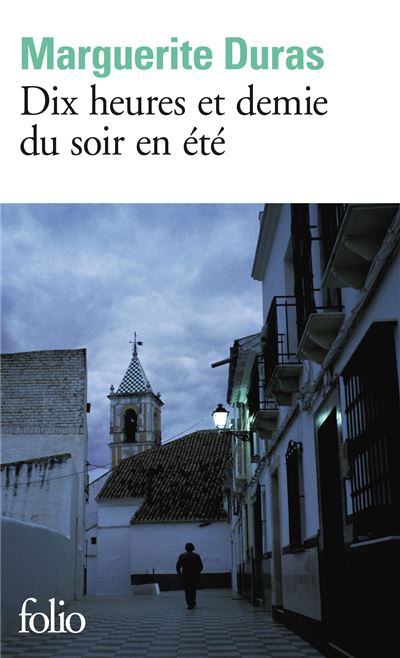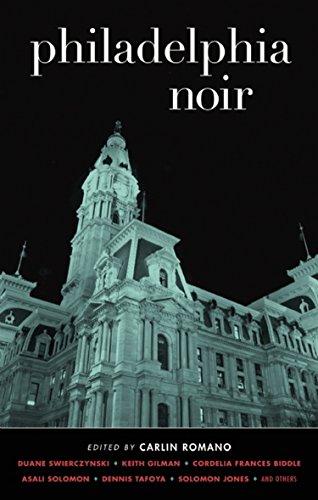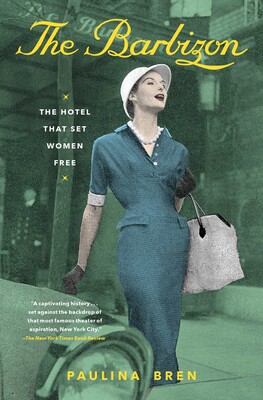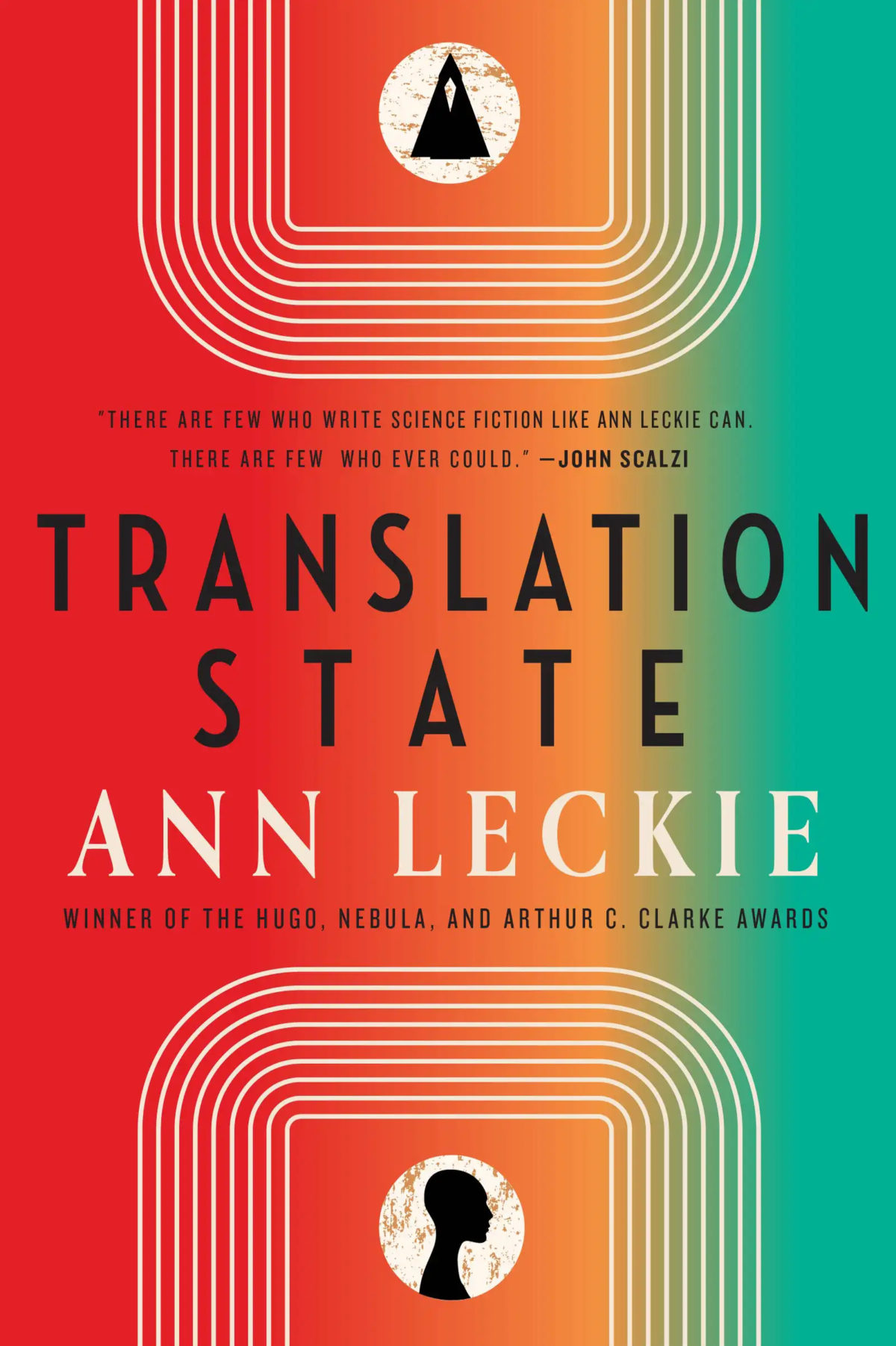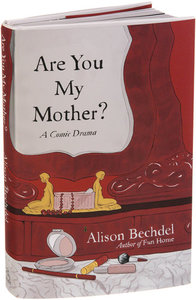This is the year of me obsessively reading Marguerite Duras (in French), for mostly circumstantial reasons.
- She has plenty of relatively short novels.
- They are available from the Stockholm library, along with Swedish translations.
- Did I mention they’re short?
Compared to Moderato cantabile or Les petits chevaux de Tarquinia, there’s a lot that actually happens in Dix heures et demie.
Maria and her husband Pierre, along with their (mutual?) friend Claire and their daughter Judith, are a French couple on vacation in Spain. Inclement weather forces them to stay at a small village, where their lives quickly become entwined with that of a man who has just murdered his nineteen-year-old wife and her lover. At the same time, the sexual tension between Pierre and Claire ratchets up to eleven—all while Maria seems just as drawn to Claire as her husband is.
Like Les petits chevaux, I read the French original in parallel with the Swedish translation (one section in French, then in Swedish, then in French again). There appears to be only one Swedish translation, the one from Ingmar Forsström. (A different translator than Les petits chevaux, Suzanne Palme, but equally skilled.) There’s not much to find online about him except that Wikipedia entry, not even a paywalled obituary. Dead at 40 years old, a stone’s throw from where I currently live. Memento mori, etc.
Do I even like Duras? She has an eye for landscape and weather, and weaves them deftly into the plot to lend tension to what is otherwise just brooding, unhappy people who drink like fish. The fact that she can instill such a sense of foreboding in the reader when so little actually happens in any given story is remarkable. I respect that. But her brooding, unhappy characters are also seen at such a distance that they’re hard to really distinguish. These aren’t books I viscerally enjoy, in the sense that I find the characters interesting or relatable or very complexly sketched. But for mood and for technical skill (and for language practice) you could do a lot, lot worse.

